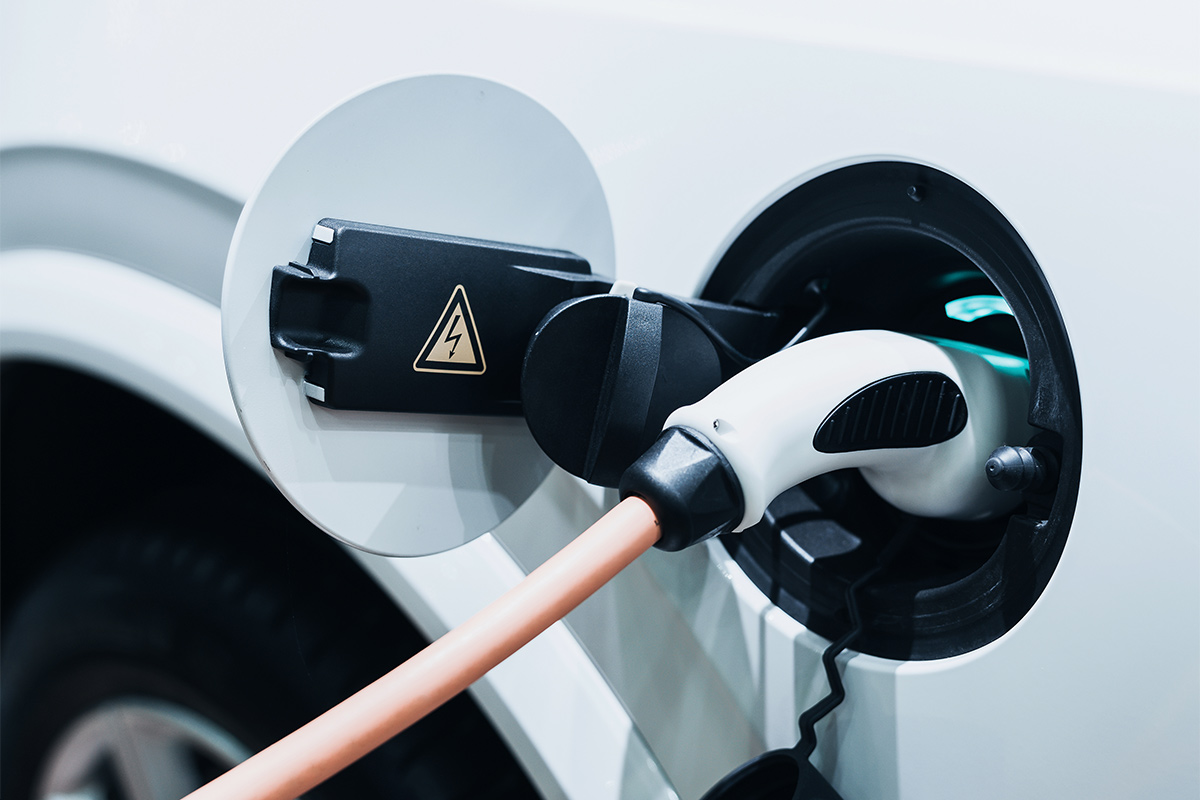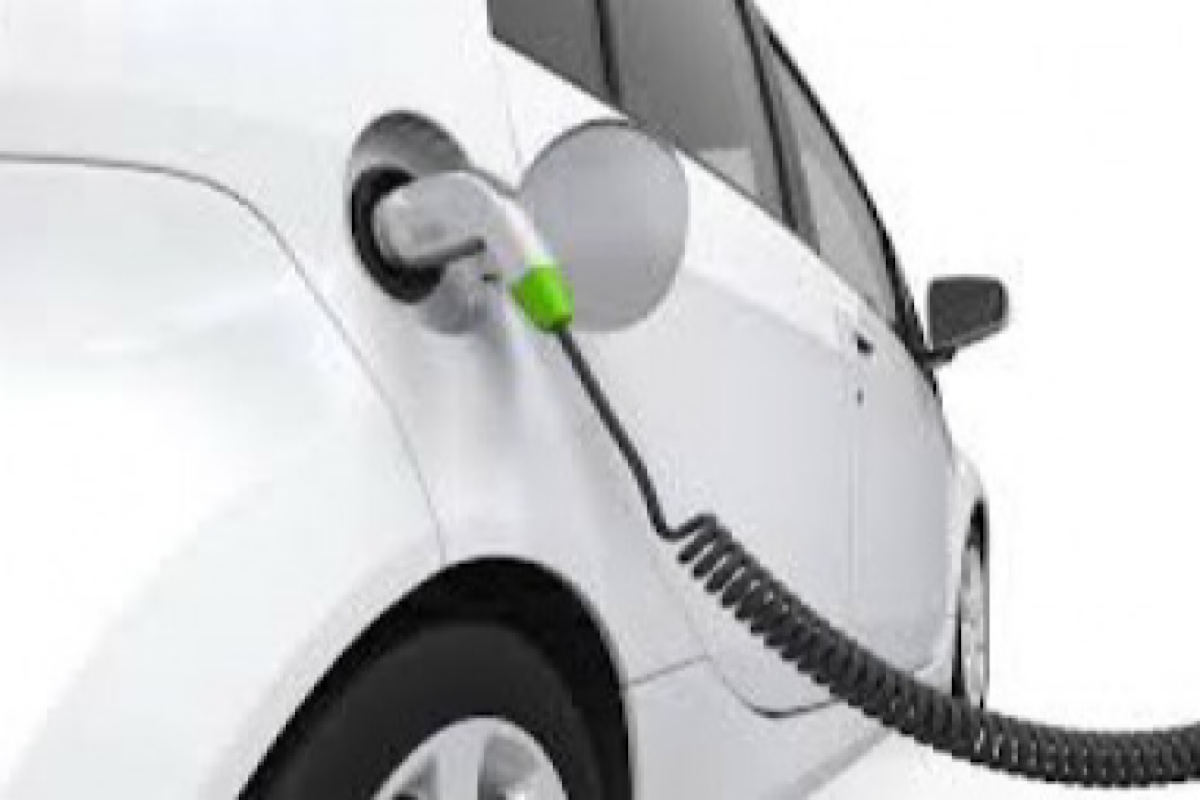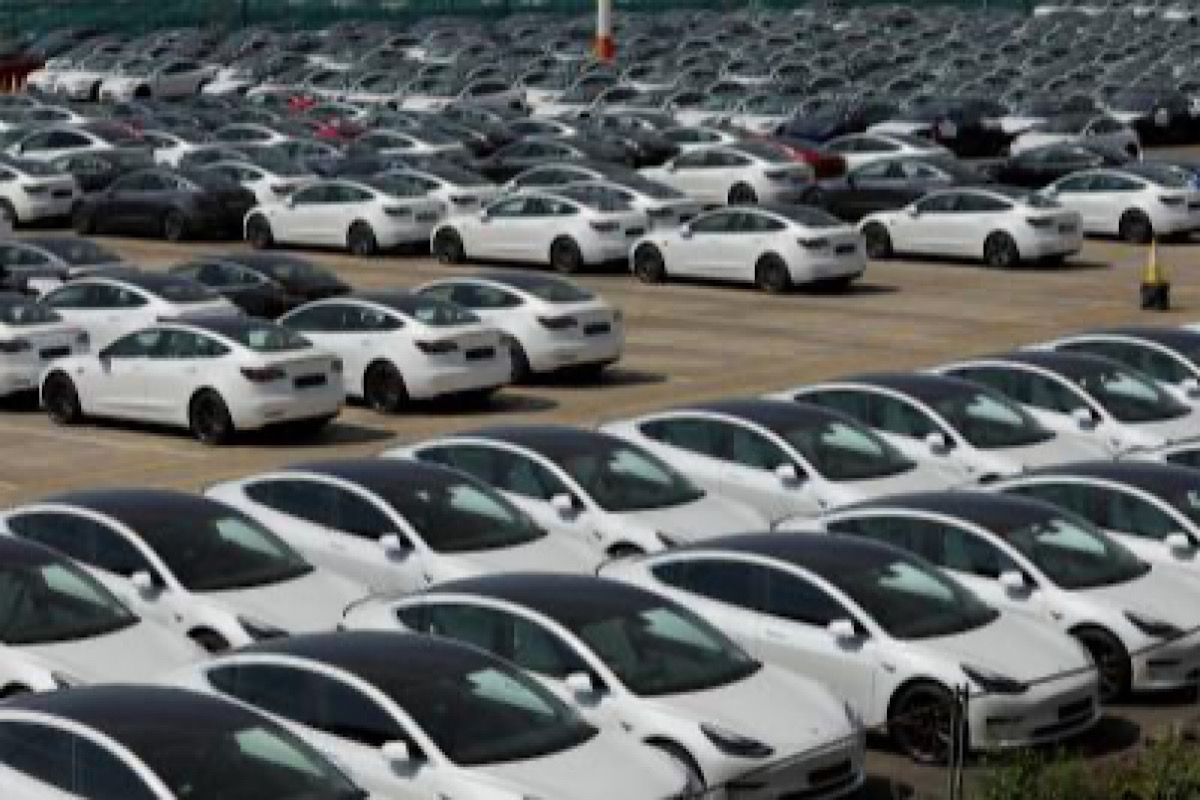EV maker Ampere’s revenue declines by 46 pc to Rs 612 crore in FY24
Electric vehicle (EV) maker Ampere's total income from operations in FY24 declined by 46 per cent to Rs 612 crore, from Rs 1,124 crore in FY23.

Electric vehicle (EV) maker Ampere's total income from operations in FY24 declined by 46 per cent to Rs 612 crore, from Rs 1,124 crore in FY23.

EVs are emerging as a transformative solution, in line with India’s COP26 commitment to transition to 100 per cent zero-emission vehicles by 2040.

While it is absolutely possible to realise the environmental benefits of EVs, this will depend on the source of energy used to charge them. India has a rich solar and wind resource, which can be tapped into to realise these potential benefits.

Electric Vehicles (EVs) are reshaping the automotive landscape, offering significant environmental and economic advantages, from reduced emissions to lower maintenance costs. The global transition toward EVs is accelerating, with nearly 14 million new electric cars registered in 2023 alone, bringing the worldwide total to 40 million, as per the International Energy Agency.

As the global shift towards sustainable energy solutions accelerates, electric vehicles (EVs) have become central to this transformation. However, the rapid expansion of the EV market presents significant challenges, particularly in managing the growing volume of electronic waste (e-waste).
As India doubles down on local manufacturing of end-to-end electronics products and more, there lies a massive $15 billion opportunity for Taiwanese companies across sectors like printed circuit boards (PCBs), electronic components and electric vehicle (EV) infrastructure, according to a new report.
Indonesia has inaugurated its first electric vehicle (EV) battery factory, which will operate entirely on renewable energy at the Neo Energy Morowali Industrial Estate in Central Sulawesi.
Maruti Suzuki India on Tuesday said the automaker is geared up to launch its first electric vehicle (EV) with a range of 500 km per charge in January next year.
“Several suggestions are coming for FAME 3. Even Prime Minister’ Office has given some suggestions,”
As the world shifts towards a greener future, the demand for lithium ~ a critical component in electric vehicle batteries and renewable energy storage ~ has skyrocketed.